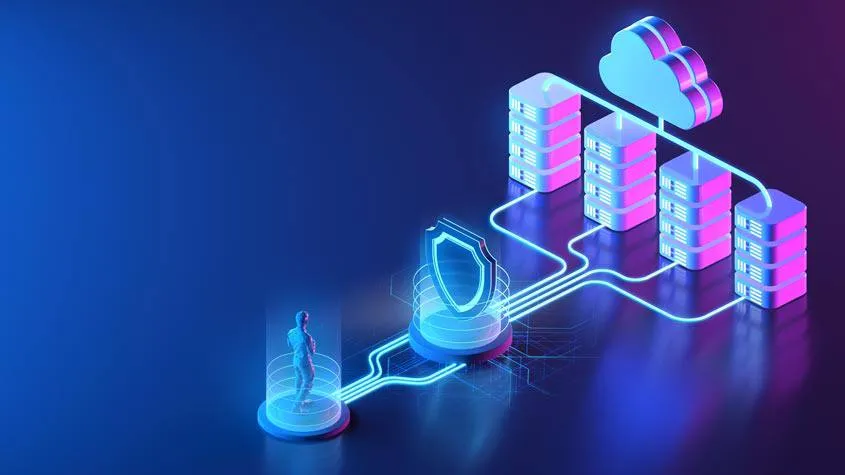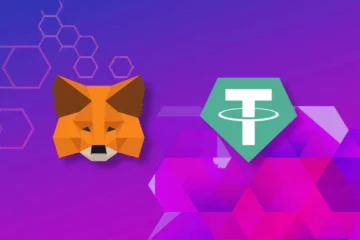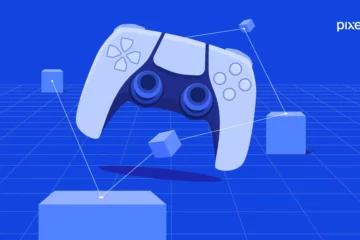Continuous technological growth accompanies man throughout the entire path of his existence, being an integral part of evolution. In the era of information technology, progress began to grow even faster, making life easier for people. At the moment, one of the most advanced developments is the blockchain, the potential of which in the future will change the lives of most people on earth.
What is blockchain?
Blockchain is, in simple terms, a distributed ledger technology that records the history of any digital asset. This record is immutable and transparent through a decentralized web and cryptographic hashing.
A simple analogy of the blockchain can be given with the algorithm for accessing Google Docs documents. When we create a document and share it with a group of people, the document is distributed in the cloud instead of being copied or shared. This creates a decentralized distribution chain that simultaneously provides everyone with access to the underlying document.
No one is limited in their work while the changes are made by another person, while all document changes are recorded in real-time. However, the essential difference is that, unlike Google Docs, the data on the blockchain cannot be changed after being written, which significantly increases the level of security.
How did he appear?
The first steps began in the 90s when Stuart Haber and Scott Stornetta described blockchains protected by cryptography.
A closer incarnation of the blockchain came with Bitcoin. It was then, in 2009, that Satoshi Nakamoto developed a cryptocurrency using blockchain technology. From that moment, a new era began, which is still developing.
In 2014, blockchain technology separated from cryptocurrencies and began to be explored as the basis for other financial means.
Then comes blockchain 2.0, designed to work on applications outside the crypt.
A significant role in this was played by the Ethereum blockchain system, which integrates the code of programs representing financial instruments into blocks. They became known as smart contracts.
How does blockchain work?
The blockchain network has the concept of “validators” – network members who confirm transactions encrypted into a block by decrypting hashes (keys). At their core, they are the workforce of any network, and it is on them that their work is based. There are several ways to confirm; they are also called consensus algorithms.
The most popular algorithms are Proof-of-Work (PoW) and Proof-of-Stake (PoS).
The main difference between mining and staking lies in the methods of confirmation.
In the PoW algorithm, the computing power of the equipment (Video Cards, ASICs) is the workforce, the owner of which receives income for solving the block. In PoS, the currency owners are the validators. If the required amount is available, the holder can send the crypt to a particular account, the storage of the currency on which will generate income (similar to a deposit).
Benefits and prospects
We are now seeing how different countries are gradually integrating the blockchain. For example, the Federal Customs Service of Russia plans to use blockchain technology to exchange information with the Federal Tax Service. One of the largest logistics aggregators, Uber, plans to integrate blockchain into its service for greater network security.
First, blockchain has a huge security advantage over traditional information exchanges. Decentralization allows you to forget about the concentration or abuse of power. All participants are equal, and this rule is unshakable.
Deception and corruption are impossible since the security guarantor is not a person but an intelligent network contract.
Undoubtedly, the blockchain will be integrated into more areas of human life besides services and banking. Here you can also highlight the metaverses used both for self-expression and demonstration of projects and networking.
People are launching blockchain startups all over the world, for which they are looking for competent specialists – the need for blockchain professions will only grow, as will the salaries of specialists (already now, an innovative contract developer in Russia receives several thousand dollars a month).




